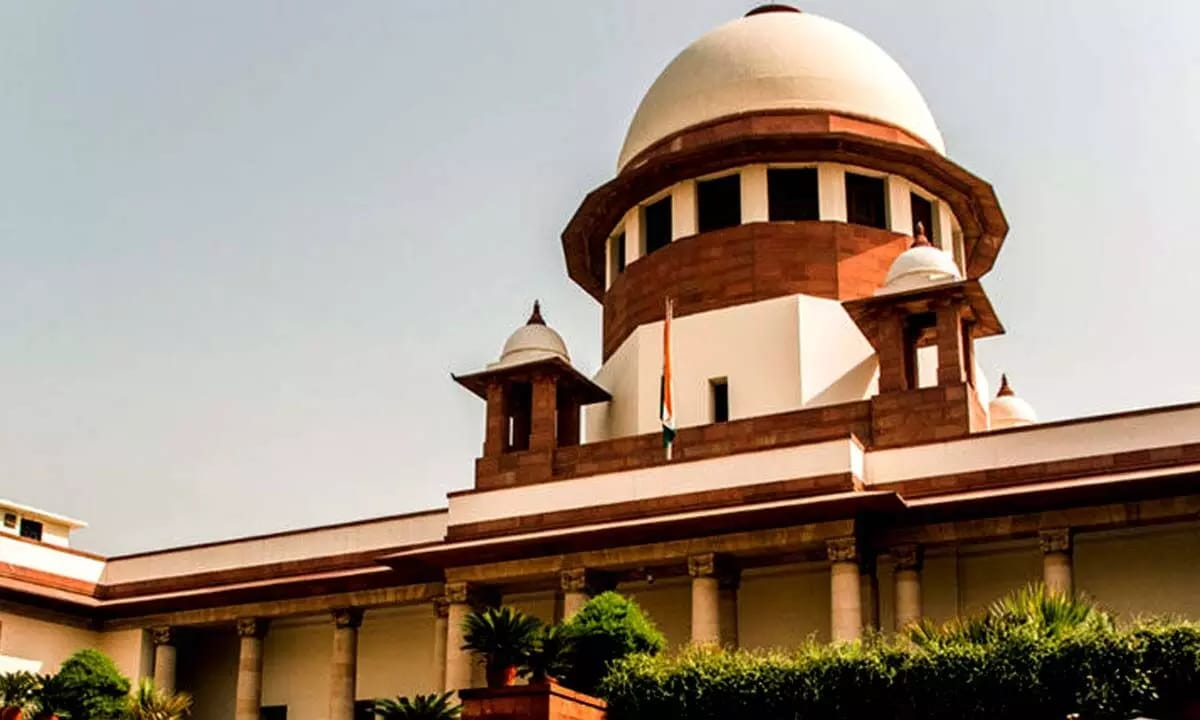


Every case of suicide need not have an element of someone abetting the act or driving a person to die by suicide, observed the Supreme Court recently [Kumar @ Shiva Kumar vs State of Karnataka].A bench of Justices Bela M Trivedi and Ujjal Bhuyan noted that the human mind can be a mystery and that there may be various reasons for a person to die by suicide."Human mind is an enigma. It is well neigh impossible to unravel the mystery of the human mind. There can be myriad reasons for a man or a woman to commit or attempt to commit suicide: it may be a case of failure to achieve academic excellence, oppressive environment in college or hostel, particularly for students belonging to the marginalized sections, joblessness, financial difficulties, disappointment in love or marriage, acute or chronic ailments, depression, so on and so forth. Therefore, it may not always be the case that someone has to abet commission of suicide. Circumstances surrounding the deceased in which he finds himself are relevant," the bench explained.The Court was hearing an appeal challenging a 2010 Karnataka High Court order that had confirmed the conviction of a man for suicide abetment.The incident took place in 2000.The accused was the tenant of a woman who died by suicide. Shortly before the woman's death, the accused tenant was said to have teased her by asking her to marry him.When she refused, the tenant allegedly threatened to destroy the woman's family, outrage the modesty of her sisters, and kill them. On reaching home, the woman allegedly narrated this to her sisters before she consumed poison and died. A trial court convicted the man in 2004, and this verdict was confirmed by the High Court.While deciding on the appeal against the conviction, the top court noted that the neigbours had not been properly examined and that these witnesses eventually turned hostile.Further, it was noted that the poison allegedly used by the woman to die by suicide was not recovered.It eventually held that there was not enough evidence to convict the accused."While the death of a young woman is certainly very tragic, it cannot be said with any degree of certainty that suicide has been proved; the other essential ingredient constituting the offence under Section 306 IPC, viz, abetment cannot also be said to have been proved," the Court said.The top court, therefore, allowed the appeal and acquitted the accused man.Advocate Rajesh Mahale appeared for the accused.Additional Advocate General Muhammad Ali Khan with advocates Omar Hada, Eesha Bakshi, Uday Bhatia, Kamran Khan, Arjun Sharma, DL Chidananda, and Ravindera Kumar Verma appeared for the Karnataka government.If you or anyone else you know are facing mental health issues or having suicidal or self-harming thoughts, please access the helpline number given below:iCall - 9152987821 (Health Helpline - Mon—Sat, 10 AM—8 PM. Languages: English, Hindi, Marathi, Gujarati, Bengali, Assamese, Kashmiri.)Aasra offers support to individuals and families during an emotional crisis, for those dealing with mental health issues and suicidal ideation, and to those undergoing trauma after the suicide of a loved one.
TAGS: Supreme Court Kumar @ Shiva Kumar vs State of Karnataka suicide abetment human mind enigma reasons academic excellence